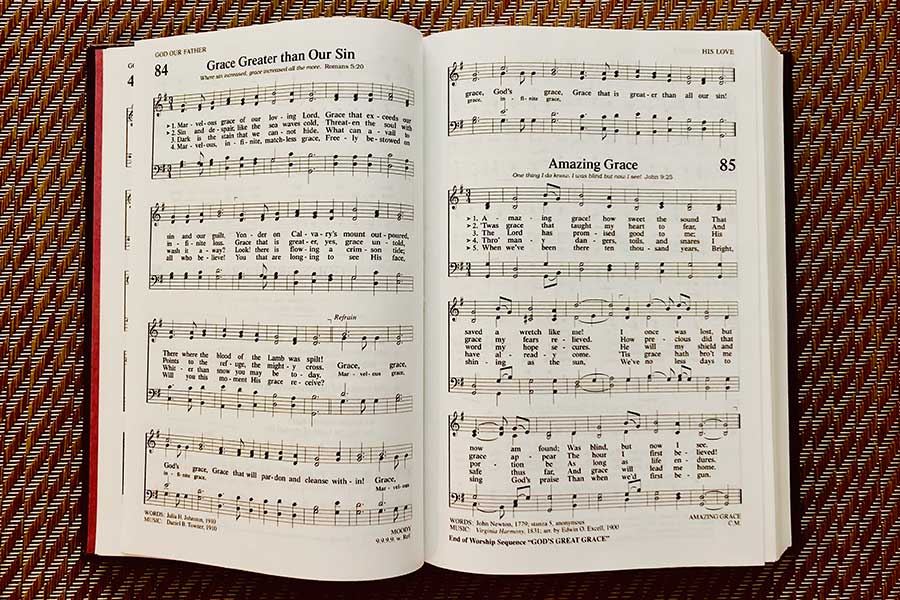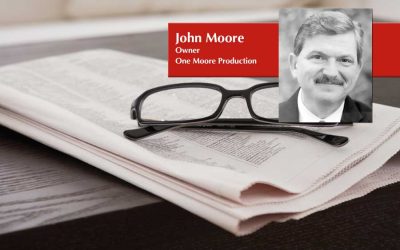By Ed Sterling
Pursuant to a 6-3 decision by the United States Supreme Court on June 25, health insurance policies will stay on course for Texans who secured coverage through a federally facilitated exchange under the U.S. Affordable Care Act.
The high court, in ruling against the plaintiffs in the case King v. Burwell, upheld the constitutionality of a federal tax credit that pays a portion of the cost of a policy.
After the decision was announced, Governor Greg Abbott said, “The Supreme Court abandoned the Constitution to resuscitate a failing healthcare law. Today’s action underscores why it is now more important than ever to ensure we elect a president who will repeal Obamacare and enact real healthcare reforms.”
Lt. Gov. Dan Patrick also reacted, saying, “I am extremely disappointed that the Supreme Court of the United States has once again sided with President Obama’s disastrous healthcare legislation.”
And Texas Attorney General Ken Paxton said, “This is unfortunate news for the millions of Americans who have experienced first-hand the devastating effects Obamacare has had on their families and businesses.”
Stacey Pogue of the Center for Public Policy Priorities, an independent Austin-based research organization, said, “This ruling means that the 832,000 Texans whose subsidies pay 75 percent of the cost of their premiums on average will continue to have access to affordable health insurance.” Currently, Pogue said, some 3 million Texans are “potentially eligible for federal Marketplace coverage.”
In March, when the Supreme Court heard oral arguments in King v. Burwell, various news sources reported national enrollment in “Obamacare” totaled 11.7 million people. In his June 26 address welcoming the high court’s decision, President Obama said 16 million Americans who were uninsured before, now have health care coverage under the Affordable Care Act.
Court rules on same-sex marriage
The U.S. Supreme Court on June 26 ruled 5-4 in Obergefell v. Hodges, invalidating state bans that prevent the recognition of marriages of same-sex couples.
Gov. Abbott reacted, saying, “Despite the Supreme Court’s rulings, Texans’ fundamental right to religious liberty remains protected. No Texan is required by the Supreme Court’s decision to act contrary to his or her religious beliefs regarding marriage.”
Lt. Gov. Patrick said, “The Supreme Court, as it has in the past, is making law. I do not believe that is what the Constitution intended or allows. In my view, this is a clear violation of the separation of powers.”
On June 28, Attorney General Paxton posted Opinion No. KP-0025, Re: Rights of government officials involved with issuing same-sex marriage licenses and conducting same-sex wedding ceremonies.
Paxton’s summary of the opinion says: “County clerks and their employees retain religious freedoms that may provide accommodation of their religious objections to issuing same-sex marriage licenses. Justices of the peace and judges also may claim that the government forcing them to conduct same-sex wedding ceremonies over their religious objections, particularly when other authorized individuals have no objection to conducting such ceremonies, is not the least restrictive means of furthering any compelling governmental interest in ensuring that such ceremonies occur. Importantly, the strength of any particular religious accommodation claim depends on the particular facts of each case.”
In contrast, State Rep. Celia Israel, D-Austin, cheered. In a June 26 statement, she said, in part, that she is “relieved the Supreme Court struck down discriminatory laws out of step with most Texans, noting that same-sex couples want to get married to make a lifetime commitment to the person they love and to protect their families.”
State Sen. Kirk Watson, D-Austin, said, “We have come so far in a relatively short period of time on the issue of same-sex marriage. But those in control of Texas refuse to join the 21st century. They have already declared their intent to continue to fight on the wrong side of history. Their fight is futile because this ruling affirms the fundamental American ideal of equality under the law.”
Agency chief calls for safety
Texas Railroad Commission Chair David Porter in a June 24 news release called for enhanced safety measures after visiting South Texas oil and gas facilities and pipeline rights of way near the U.S.-Mexico border.
Porter said commission staff and inspectors who want to carry firearms for self-protection on pipeline inspection duty in South Texas “have the opportunity to obtain their concealed handgun license in a timely manner.”
He called for (1) use of the buddy system to ensure personnel are not alone in potentially dangerous areas and (2) the purchase of cell phone boosters for inspector vehicles in remote areas close to the border.

















0 Comments